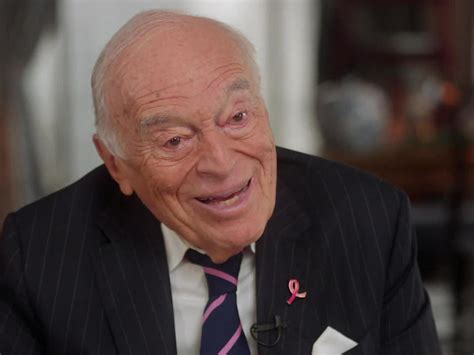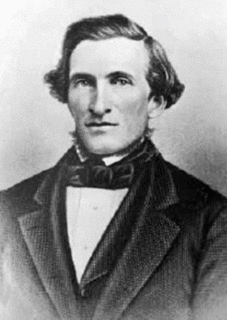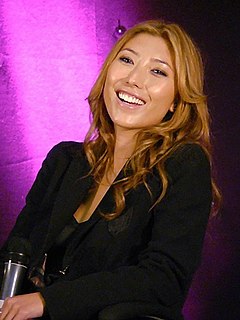A Quote by Isabel Allende
I was a very bad journalist. Awful. I would just invent everything. If I did an interview, I had a preconception of what that person should say and I would put my words in his mouth.
Related Quotes
The world is wrong. You can't put the past behind you. It's buried in you; it's turned your flesh into its own cupboard. Not everything remembered is useful but it all comes from the world to be stored in you. Who did what to whom on which day? Who said that? She said what? What did he just do? Did she really say that? He said what? What did she do? Did I hear what I think I heard? Did that just come out of my mouth, his mouth, your mouth? Do you remember when you sighed?
I would hate to say as a non-African-American person that it would be wrong for a black person to direct white people in a movie. Wouldn't that be awful of me to say that? The only sympathizing thing I might say for people that want to [grumble] is that a filmmaker should have an understanding for the place where the people you're portraying are coming from.
Jean-Luc didn't like me to say any bad words in real life, and I would always do it on purpose, just for fun. And he would go crazy! Then he had Brigitte Bardot do just that in 'Contempt.' And in that film she also has this line - 'I want red velvet curtains, or nothing at all in the apartment' - which was something I would always say.
I worked with the late Leonard Frey. I did a play, and I would have these ideas and he would say, "I don't know. Try it." And I would try it and it would be awful, and he would go, "What do you think?" And I would go, "It was awful." And he goes, "Okay, we'll try something else." And that's great because it really makes you feel less working-for and more working-with. There's nothing better than to feel a part of the team.
What would a man of God say, who felt aright, when Joseph asked him for his money? He would say, 'Yes, and I wish I had more to help to build up the Kingdom of God.' Or if he came and said 'I want your wife?' 'O Yes,' he would say, 'here she is, there are plenty more.' ... Did the Prophet Joseph want every man's wife he asked for? He did not... If such a man of God should come to me and say, 'I want your gold and silver, or your wives,' I should say, 'Here they are, I wish I had more to give you, take all I have got.'
I could see why someone would want to make a website about me, and my quotes. They are all gold. How many people have written, directed AND starred in their own movies. I just don't know why they would want to put words into my mouth, I mean I did write, direct AND star in a critically acclaimed movie.
I think leaders lead themselves, but leaders have ideas and maybe they're visionary ideas. Probably today, people would say Steve Jobs was a visionary because he invented this little gadget, the cell phone. But he didn't invent cell phones, and he didn't design the cell phone. He just took a couple of ideas and put them together, and no one else put those same ideas together as successfully as he did. But he had something that he was trying to do that intrigued him, and he could do it very well.
When it’s all said and done, I want to be able to say I got the most out of my potential. I don’t want to look back, however many years from now, and say, ‘I wonder if I would have worked a little harder. I wonder if I would have done this or done that, how things would have turned out.’ I want to, when it’s all said and done, be able to put my head on my pillow and say, ‘I did everything I could do — good or bad.’
There are some people that aren't into all the words. There are some people who would have you not use certain words. Yeah, there are 400,000 words in the English language, and there are seven of them that you can't say on television. What a ratio that is. 399,993 to seven. They must really be bad. They'd have to be outrageous, to be separated from a group that large. All of you over here, you seven. Bad words. That's what they told us they were, remember? 'That's a bad word.' You know bad words. Bad thoughts. Bad intentions.
Slowly, very slowly, he sat up, and as he did so he felt more alive, and more aware of his own living body than ever before. Why had he never appreciated what a miracle he was, brain and nerve and bounding heart? It would all be gone...or at least, he would be gone from it. His breath came slow and deep, and his mouth and throat were completely dry, but so were his eyes.
Edward and I had not had a last grand scene of farewell, nor did I plan one. To speak the word was to make it final. It would be the same as typing the words The End on the last page of a manuscript. So we did not say our goodbyes, and we stayed very close to each other, always touching. Whatever end found us, it would not find us separated.






































